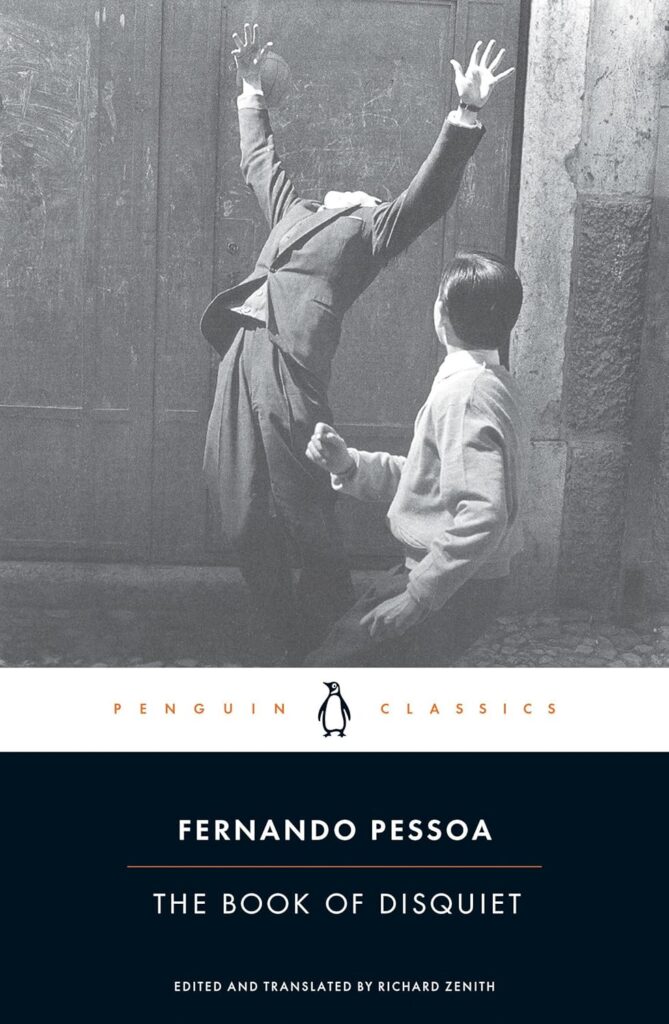 Fernando Pessoa’s The Book of Disquiet emerges from the foggy streets of Lisbon like a solitary shadow, deeply introspective, tirelessly exploring the inner chambers of the human psyche.
Fernando Pessoa’s The Book of Disquiet emerges from the foggy streets of Lisbon like a solitary shadow, deeply introspective, tirelessly exploring the inner chambers of the human psyche.
Pessoa, a name that resounds through Portugal yet remains scarcely known abroad, is an enigmatic figure whose literary brilliance paradoxically isolates him from wider recognition. Worshipped at home, Pessoa remains an undiscovered continent to much of the world.
Born in Lisbon in 1888, Pessoa lived quietly, working as an unremarkable clerk by day, while by night crafting a universe of poetic alter-egos, his famed “heteronyms.” Each heteronym was a unique persona with an individual voice and biography, through which Pessoa expressed various existential anxieties and reflections. This fragmentation brilliantly mirrored his view of identity—fluid, uncertain, forever shifting.
The Book of Disquiet itself, assembled posthumously from Pessoa’s chaotic notebooks, defies conventional forms. It eschews clear narrative and traditional characters, unfolding instead through haunting, philosophical diary entries by Bernardo Soares, Pessoa’s semi-heteronym and a close reflection of his own identity. Within these pages, the reader encounters profound contemplations about the weight of existence, each fragment a quietly desperate attempt to understand an indifferent world.
Pessoa’s prose resonates with a Kafkaesque intensity, capturing the pervasive sense of alienation that defines modern life—a loneliness that has only intensified since Pessoa’s time. Like Kafka, Pessoa evokes the suffocating bureaucratic indifference and profound isolation individuals feel amid growing urban anonymity. He writes, “I am nothing. I’ll never be anything. I can’t want to be anything. Apart from that, I have in me all the dreams in the world.” This reflection crystallizes the modern individual’s despair and ambition, deeply relatable to contemporary readers trapped in digital labyrinths, longing for genuine human connection.
Pessoa captures the emptiness of modernity with piercing clarity: “Life is an experimental journey undertaken involuntarily,” he writes, evoking a sentiment familiar to anyone navigating the relentless pace and impersonality of today’s society. Each fragment mirrors modern humanity’s struggle, a reflection that is both intimate and universal: “The feelings that hurt most, the emotions that sting most, are those that are absurd—the longing for impossible things.”
The strength of Pessoa’s style lies in his minimalist precision, an almost surgical dissection of emotional states, quietly devastating in its impact. He whispers existential truths without embellishment, making them deeply unsettling yet irresistibly compelling. Pessoa’s approach recalls Kafka’s depiction of life’s absurdity and Dostoevskian introspection, with an unmatched capacity to articulate the restless spirit trapped within the confines of ordinary existence.
Pessoa’s obscurity abroad can partly be attributed to the inward, elusive quality of his writing. His fragmented form and deeply introspective nature challenge readers, demanding patience and active engagement rather than passive consumption. Yet, this very complexity offers immense rewards. Pessoa is crucially important precisely because he articulates a sense of existential solitude and alienation now magnified by our contemporary disconnectedness, rendering his insights urgently relevant.
“The entire life of the human soul is mere motion in shadows,” Pessoa writes, encapsulating the essence of modern existential dread. His disquieting meditations illuminate the darkness within, offering solace not through comfort but through recognition of shared human experience. As we grapple with increasing isolation, Pessoa’s voice emerges as a quiet guide, reminding us we are not alone in our profound solitude.
Pessoa’s book is a vital invitation to embrace life’s inherent uncertainty and discomfort rather than flee from it. He compels readers to confront their own shadows, to reflect deeply on the essence of existence itself. Pessoa is neither escapist nor comforting; he is relentlessly truthful, revealing humanity’s shared fragility. His relevance endures precisely because modernity has deepened the very alienation he explored.
Ultimately, Pessoa himself leaves readers with a poignant and resonant reflection: “I’d woken up early, and I took a long time getting ready to exist.” His quiet masterpiece invites readers to prepare themselves for existence itself—to truly awaken to life’s inherent beauty and melancholy, embracing uncertainty as an essential part of the human experience. Thus, The Book of Disquiet deserves recognition beyond its national confines, offering essential companionship to those willing to face the world’s profound disquiet.
Available At


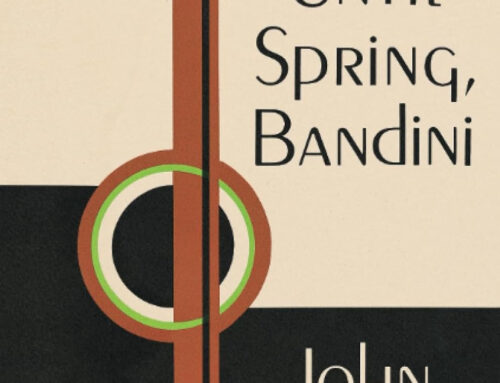
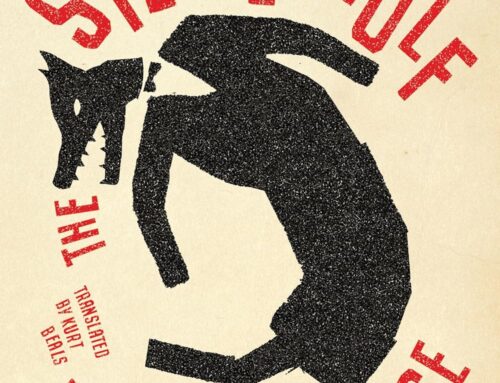

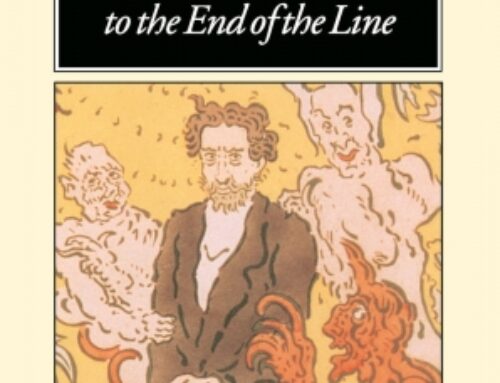

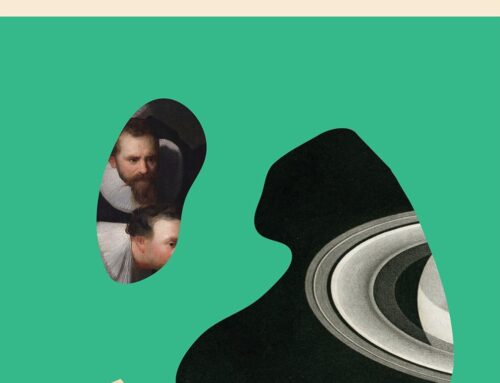


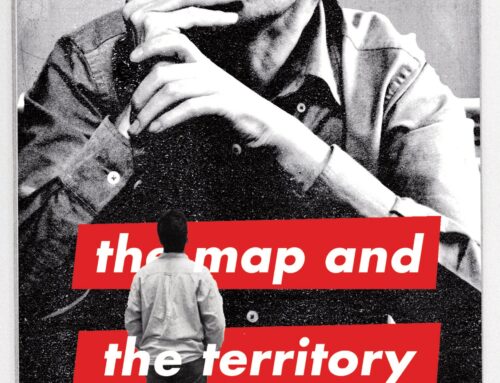

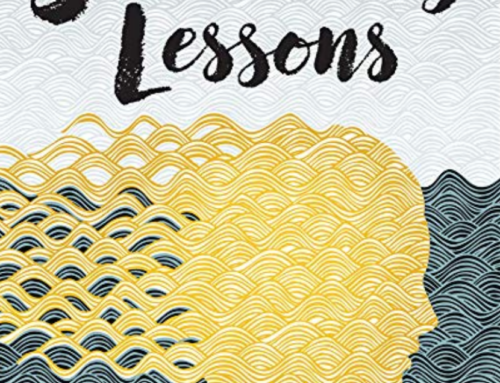
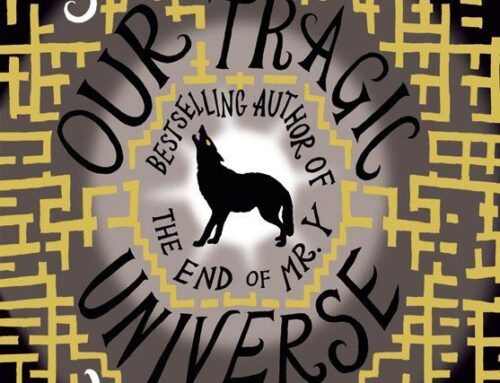



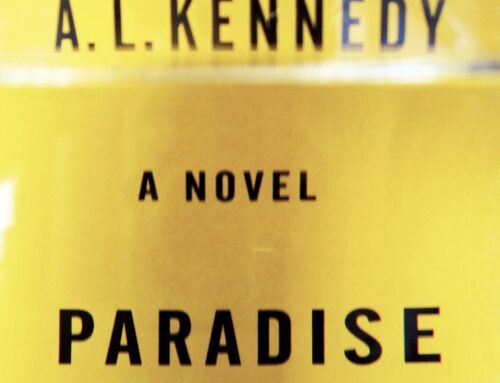
Leave A Comment